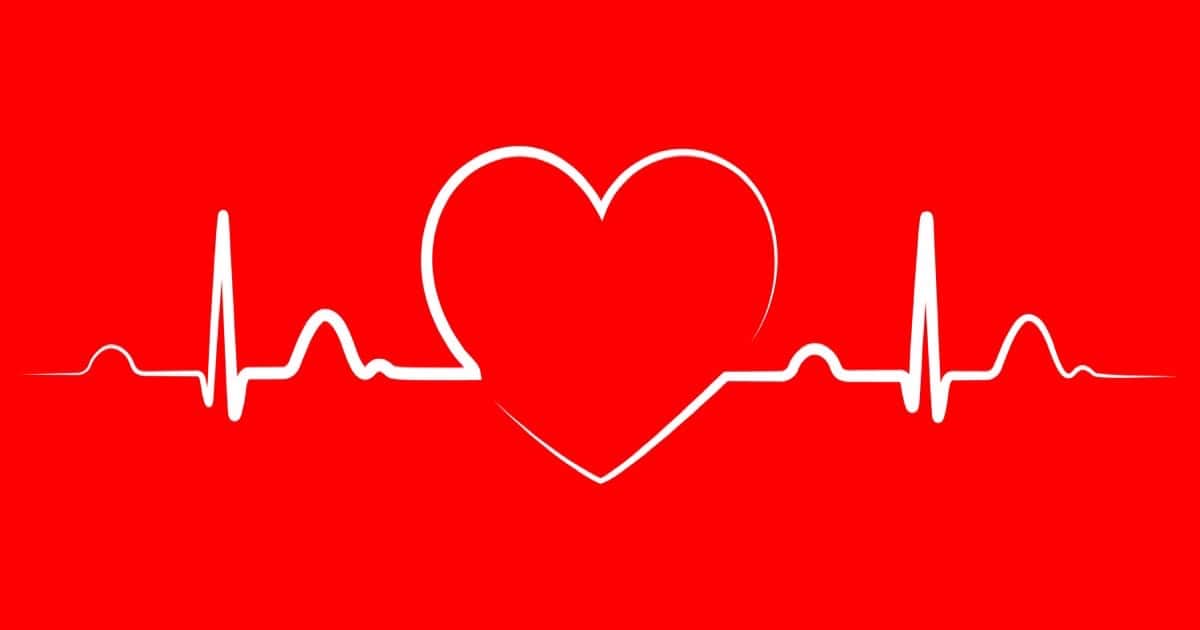A recent article in Fortune states, “Should consumers be wary of Apple’s heartbeat monitoring app?” It examined the results of multiple studies with the Apple Watch’s AFib detection. In one study, it detected AFib 34 out of 90 times, an accuracy of 41%.
AFib Detection
Apple makes it clear that the Apple Watch isn’t a medical device, despite being cleared by the FDA for heart monitoring. In fact, the FDA lists the Apple Watch as a Class II device which puts it on the same level as condoms and home pregnancy kits.
On Apple’s website, it states: “A heart rate under 50 BPM or over 120 BPM affects the ECG app’s ability to check for AFib, and the recording is considered inconclusive.”
For people with concerns about their heart health, it’s important to keep the above in mind. The Apple Watch can do limited monitoring, but it’s not a medical device. If you do get an AFib alert, check with your doctor and discuss the results. Then they can examine your heart rhythm with real medical devices.
As an emergency physician explained,
In summary, the new Apple Watch looks like a great tool, but it is not meant to be a medical grade device and not a substitute for medical and professional evaluation in the case of symptoms. Even if your Apple Watch ECG appears totally normal that does not necessarily mean you do not have atrial fibrillation or other cardiac abnormalities.

It seems that Andrew is slightly dismissive of Class II medical devices. These devices as a class are recognized as having a moderate risk of harm to the user. Not something insignificant.
Hi Roger, my intention wasn’t to be dismissive, only to remind people that the Apple Watch is more like a health supplement, and not a bonafide medical device.
Which is 100% better than the detection system I had before the Apple Watch.
Exactly. It is the idiot light on the dashboard. Not absolutely perfect, but better than trying to remember to check the oil and tires every time you get in the car.